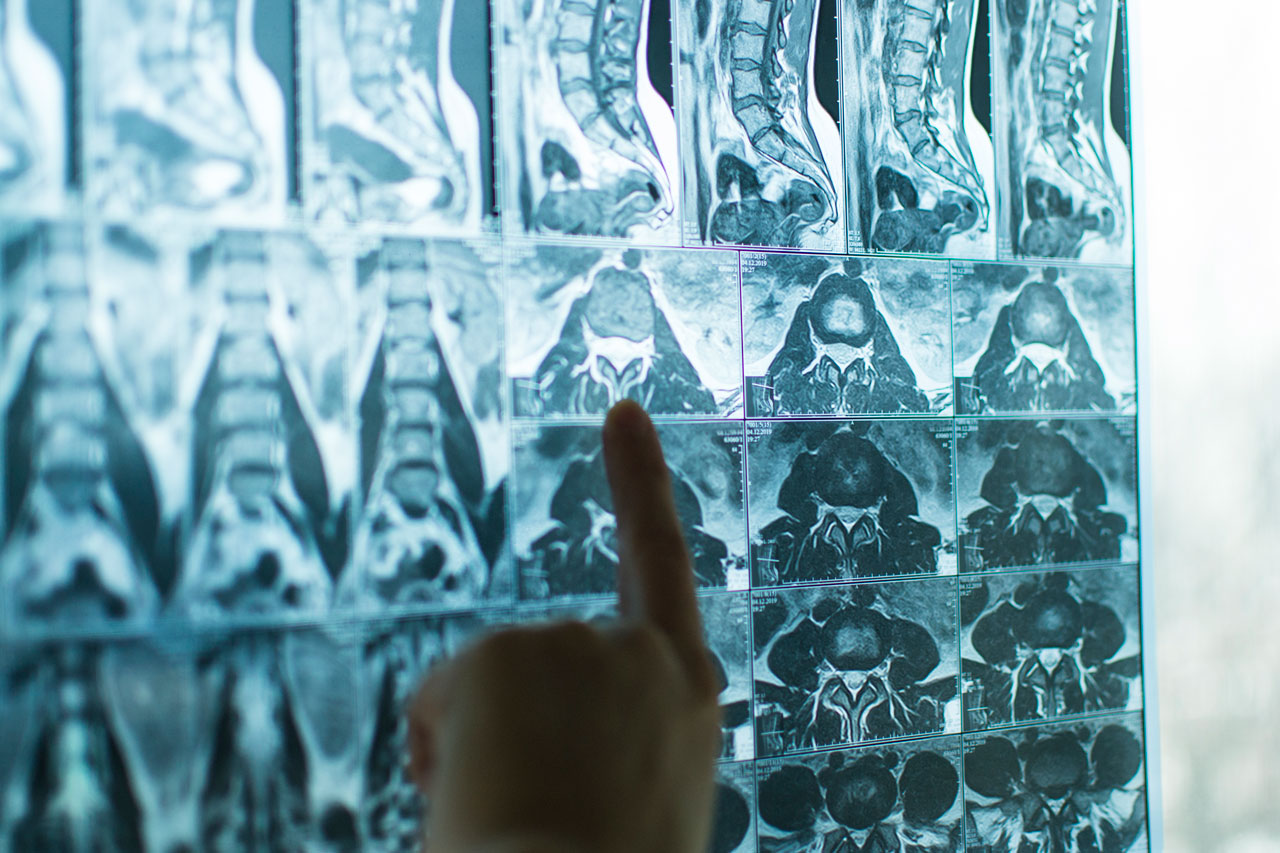SpinalCure is running a change.org petition to the Federal Government to demonstrate nationwide support to fund Project Spark to fast track potentially life-changing for SCIs in Australia.
Project Spark builds on the eWALK trial and aims to test, validate, and develop neurostimulation treatments for people with SCI over five years. The goal is to get the evidence required for TGA approval and mainstream adoption across Australia.
What is neurostimulation?
Non-invasive neurostimulation, or transcutaneous spinal stimulation, is like a hearing aid for the spinal cord. The idea is that tailored electrical currents can amplify messages sent via surviving neural pathways to improve communication between the brain and the body.
- Electrical currents are applied to the injured spinal cord
- The currents restore communication, while applied, between the brain and body
This could result in life-changing functional recovery such as:
- Bladder and bowel control
- Hand movement
- Cardiovascular stability
- Walking years after the initial injury.
This year SpinalCure began Australia’s first international clinical trial of neurostimulation (the eWalk trial); however, the Federal Government funding sought could fast track the research and, if successful, take it from the lab to the community.
Project Spark collaborates between SpinalCure, The Catwalk Trust (NZ) and SCIA.
Participants needed for robotics research aiming to improve arm and hand movement
A SpinalCure-funded study looking at how game-based robotics could help rehabilitate hand and arm function in people with SCIs is looking for Sydney-based participants.
The study is fascinating as it could work in tandem with neurostimulation.
Find out more by heading to the SpinalCure website.
